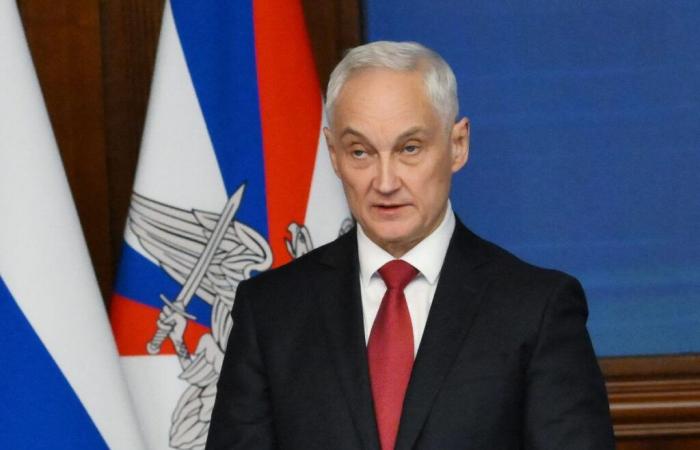This first list of sanctioned people includes, among others, unit 29155 of the GRU, the Russian military intelligence service, “known for its involvement in assassinations abroad and destabilizing actions, such as bomb attacks and cyberattacks throughout Europe,” according to a press release from the 27.
The EU and NATO accuse Moscow of carrying out so-called hybrid attacks, acts of sabotage, arson or even assassination attempts, to destabilize the Western camp and dissuade it from continuing its support for Ukraine at war with Russia. . These sanctions, already approved on Friday by the EU, were formally adopted on Monday by EU foreign ministers, meeting in Brussels.
Cyberattacks and disinformation
In total, 16 individuals and three entities are targeted by these sanctions, according to this text. These measures – a freeze on assets in the EU, a ban on traveling to the European Union as well as a ban on European companies financing them – were decided as part of a new sanctions regime adopted in october. This is distinct from that used against Russia in retaliation for its invasion of Ukraine in February 2022.
Europeans also accuse Moscow of cyberattacks and disinformation, particularly during EU elections. Romania thus canceled the first round of its presidential election, due to suspicions of fraud and electoral manipulation by Russia.
Regarding Africa, where Europeans are worried about Moscow's growing influence, the EU has sanctioned the “Pan-African Group for Trade and Investment”, which it accuses of disinformation for the benefit of Russia, particularly in the Central African Republic and Burkina Faso.
Pro-Russian narrative
The Europeans also targeted “African initiative”, an information agency accused of spreading Russian “propaganda” and “disinformation on the African continent”. Two Russian agents, including Artem Kureev, a senior official in the Russian military intelligence service (GRU), who took over the Wagner group's operations in Africa after the death of its leader Yevgeny Prigozhin, were also targeted.
The 27 also decided to target the “Doppelganger” campaign, accused of digital disinformation, by sanctioning Sofia Zakharova, head of the Information and Communication Technologies department under Russian President Vladimir Putin. Doppelganger sites, considered linked to Russia, imitate Western media in the EU and elsewhere to put forward a pro-Russian narrative around Ukraine.






